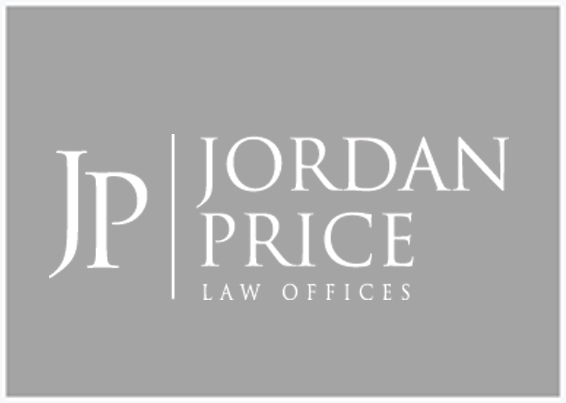Blog
Squatter’s Rights in North Carolina: Can You Really Claim Land by Occupying it?
Post by Simon Cawley Picture this: you own a quiet stretch of land, peaceful and full of potential. But you don’t live there, and it lies just far enough away that visiting isn’t always feasible or frequent. One day, you drive through and notice a small metal shed has sprung up on your property line. You assume it's temporary or incidental and ignore it. Over time, the neighbor occasionally mows...
Understanding the Marketable Title Act in North Carolina: What Your Association’s Board Needs to Know
Commonly, in North Carolina, individuals live and own homes in planned communities. These planned communities are often condominium associations, townhome associations, or homeowner associations. It is important to know that all these types of communities are commonly governed by a declaration of restrictive covenants, or other similar recorded legal documents which create covenants within the...
Reclaiming Ownership from Minority Shareholders: The Significance of the Shareholder Agreement
You’re a businessman who’ve poured years into building your own small business. Finding yourself short of needed funds, you decide to bring on some shareholders. So you do just that; reaching out into your community, you bring on a new minority shareholder to get cash flowing. Years pass uneventfully. Then, you and the minority shareholder have a falling out. You want to find some way to divorce...
Waiver in the Context of Covenant Enforcement
Are you bound by the past decisions of board members as it relates to enforcement of restrictive covenants? What constitutes a “waiver” of restrictive covenants? These are common questions among HOA boards throughout North Carolina. The nature of HOAs involves turnover as newly elected board members pick up where others have left off. Often, this includes discovering violations that were either...
